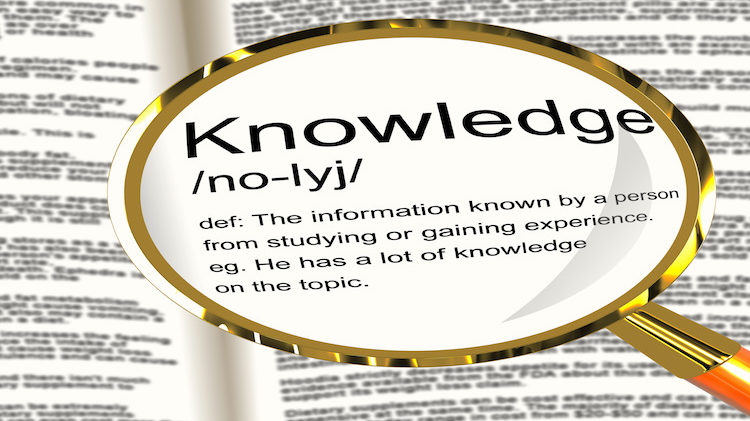Hands up if you have a Key Stage three curriculum of which you are justly proud. If you have, you have probably invested a lot of time in ensuring that you have full coverage of all of the key concepts and processes that we use in history You may have developed an innovative thematic approach to Key Stage three and laced your curriculum with appropriate overviews and lots of exciting and thoughtful enquiries. As a result you are quite possibly reaping the rewards of your hard work with lots of your students opting for History at GCSE.
Now put your hands up if the following scenario is all too familiar: You get to GCSE and all of that innovation you were so proud of at KS3 is replaced by an obsession with teaching to the exam. The result can so easily be that what we know as good History teaching is replaced by the feeling that instead of training young historians we are actually teaching students to jump through someone else’s hoops. What we would like to propose in this article is that teaching an effective GCSE course and teaching exciting, innovative History do not have to be mutually exclusive. What with GCSE changing in 2016, this notion is of even more importance.
At the heart of many of our KS3 courses is the concept of enquiry based learning. What we would like to explore here is the idea that an enquiry based approach to History can be a highly effective vehicle to not only teach good History but also a means by which to develop functional examination skills.
Our own understanding of what makes effective enquiry grew originally out of work inspired by Neil Thompson. During his time as History Subject Advisor, Neil developed with the Hampshire History Steering Group a set of guiding principles upon which Historical enquiry should ideally be based. We reproduce these hereafter.
The Principles of High Quality Enquiry Work
1. Students will genuinely investigate for themselves
2. There will be an element of students raising their own questions/hypotheses
3. There might be an element of the enquiry being contentious.
4. There is a coherence to the way the enquiry progresses.
5. The enquiry will promote and consolidate understanding of the key concepts in your subject.
6. The guiding problematic enquiry question is referred to frequently in each lesson.
7. Questioning needs to be carefully planned in order to allow access to high level reasoning.
8. There is a balance between structured support and open ended research. There must be an element of students working on their own ideas.
9. Students must arrive at their own conclusions, forming their own judgements
10. Enquiries should (as far as possible) be made relevant and meaningful to students lives/current events.
What we present below is a discussion of how we have attempted to apply these principles to aspects of the Cold War section of the OCR GCSE Modern World course.
To read the rest of article and access the enquiry ideas, click on the box to download the article in full.





